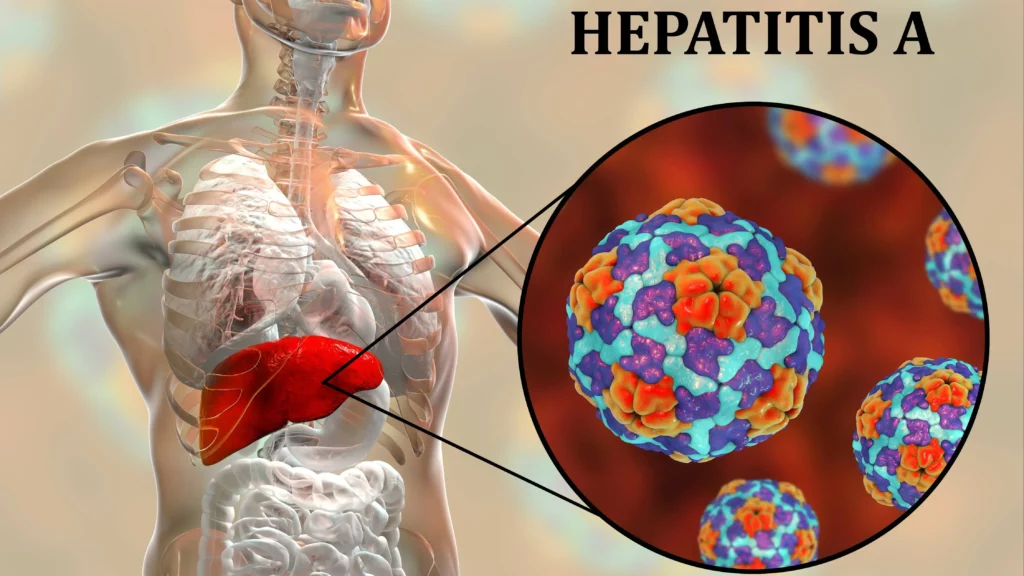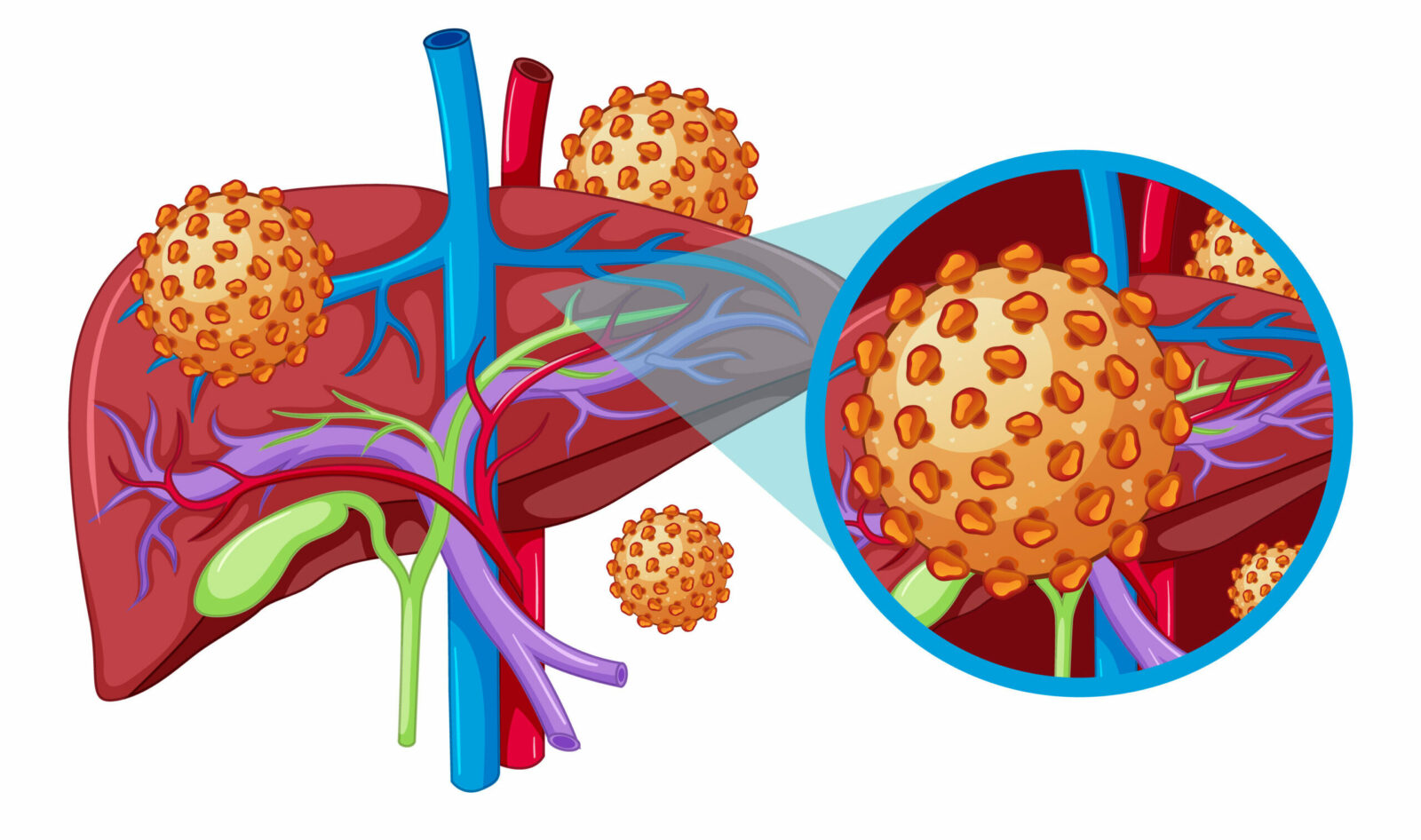United States: The health officials of Massachusetts have recently shown concerns related to the increase in hepatitis A cases in the state. The experts have also highlighted that there are expectations that an outbreak can hit – similar to the one that occurred several years ago.
On Tuesday, during an interview with ABC News, the Massachusetts Department of Public Health (MDPH) mentioned that since September 1, around ten (10) cases have been reported – with the majority registered during the month of November.
Out of the total cases, seven (7) cases were reported to be severe and required hospitalization, the official from the department mentioned. Of all patients, seven (7) are men, and the remaining three (3) are women; however, eight (8) are White, and two (2) are Hispanic, noted MDPH, adding that the average age of the patients is between 35 and 60.
However, so far, no one has lost their lives because of the infection.
Concerning this, an alert was published by MDPH on Monday, which underlined that a maximum of the patients are either homeless or have unstable living conditions. In addition to this, several of them have a history of drug addiction. However, there is no history of traveling outside Massachusetts; neither share any common food, drinks, or drug habits.
As deadly as an outbreak in 2018
According to the official data by the MDPH, the cases have been forming clusters, and it is expected that the state may experience a similar 2018 hepatitis A outbreak, which commenced in April and ended in May 2020. Amid the outbreak, around 563 people were infected and nine (9) people lost their lives.
At that time, the outbreak was largely experienced by the homeless and unstable housing population. Additionally, then also several people were addicts.
In the midst of the interview with ABC News, a spokesperson from MDPH was quoted saying, “There are similarities in risk factors between the cases reported here and those reported during the 2018-2020 outbreak of hepatitis A in Massachusetts.”
The spokesperson further stated, “Cases here report recent homelessness and/or drug use, including injection drug use. People who have unstable housing or are experiencing homelessness are at increased risk of hepatitis A infection.”
Large clusters of cases were also registered during that period in some states, including California, Indiana, Kentucky, Utah, Tennessee, Michigan and West Virginia.
Hepatitis A
The Hepatitis A virus is majorly responsible for causing Hepatitis A infection, which directly impacts the liver, according to the CDC. The Centre further stated that the virus is found in the stool and blood of the infected person.
The common way of transmission is through close and personal contact between a healthy and an infected person.
Chief infection control officer for Tufts Medicine – Dr Shira Doron talked about the matter during a conversation with ABC News. Doron stated, “This is one that, unlike the other hepatitis viruses that we are familiar with, is one that is transmitted through the fecal-oral route. So, it’s not transmitted through blood and other body fluids like hepatitis C, for example.”
Further, she added, “It’s often a result of situations where there may be poor sanitation, overcrowding, poor bathroom facilities, things like that. It’s not entirely surprising that we’re seeing another outbreak in a similar way to the last time we had this in Massachusetts, and it’s affecting people who are homeless or have unstable housing because they experience risk factors of the virus,” as per ABC.

“You can have a change in the color of your stool where it becomes grey or loses color. That’s a pretty distinct sign that should send you right to the doctor,” Doron said.
Symptoms of Hepatitis A
CDC suggested that an individual experiences symptoms between two to seven weeks after catching the infection. Some of the common symptoms are diarrhea, loss of appetite, fever, stomach pain, nausea, fatigue, and vomiting.
Vaccine for Hepatitis A
While expressing the importance of vaccination, Doron expressed that vaccination is the only way to prevent the transmission of the disease. As per the CDC, children from 1 year to 18 years can receive vaccination against the disease.












Leave a Reply